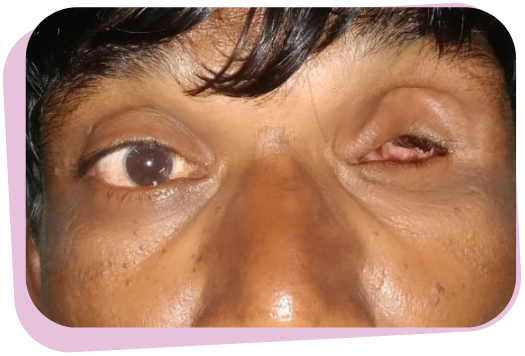





Understanding Maxillofacial Surgery: Key Insights on Restoring Facial and Jaw Health for Optimal Function

Maxillofacial surgery plays a crucial role in restoring facial and jaw health, addressing issues like misalignment, trauma, or congenital deformities. It involves treatments for jaw correction, facial injury repair, impacted teeth removal, and oral disease management. This specialized surgery enhances both function and appearance, ensuring long-term dental and facial wellness.
Though maxillofacial surgical treatment is usually carried out underneath anesthesia, publish-surgical ache also can grow further upwards, just like specific forms of surgical procedure. Pain may be alleviated by the use of prescribed medicinal drug drugs, and restoration durations range relying on the method.
Healing time depends mostly on the approach's complexity. For maximum techniques, initial recuperation is around 1 to two weeks, entire recovery possible to take several months. Your doctor will offer precise commands to make certain the coolest final results.
Such as any surgical procedure, maxillofacial strategies provide some dangers, inclusive of contamination, bleeding, or nerve harm. Those dangers are just minimized, although, at the same time as completed with the help of a position, professional preferred practitioner.
Maxillofacial surgery method may be completed with the usage of famous surgical techniques or minimally invasive methods, depending on the circumstance being addressed. Procedures can also encompass sizable anesthesia, nearby anesthesia, or sedation, relying on the complexity of the surgery.
If you have got problems inclusive of prolonged-term jaw pain, immoderate enamel or jaw misalignment, facial harm, or oral illnesses, your oral doctor or dentist may also moreover propose maxillofacial surgical remedy to correct the hassle.
Trustindex verifies that the original source of the review is Google. Nice service, unerwent routecannel treatment nd exteractionsTrustindex verifies that the original source of the review is Google. Good experience at synapse mind careTrustindex verifies that the original source of the review is Google. Recently made Denture for my mother in law. Good experience with Dr. Monika at synapse.Trustindex verifies that the original source of the review is Google. Got dental implant done at synapse. The treatment was superb.Trustindex verifies that the original source of the review is Google. I had visited synapse dental care for cleaning my teeth. Ma'am explained the treatment properly and cleaned my teeth as well as done polishingTrustindex verifies that the original source of the review is Google. Best dentist in nagpur.Trustindex verifies that the original source of the review is Google. बेस्ट डेंटिस्ट in नागपुर. मैंने स्माइल डिज़ाइनग ke लिये madam जी से ट्रीटमेंट karwaya Good experienceTrustindex verifies that the original source of the review is Google. I visited Synapse Dental Care for my son's smile enhancement and the treatment done by Dr.Monika was wonderful!!We are grateful to her for such nice treatment...Trustindex verifies that the original source of the review is Google. हमको यहां पर आकर अच्छा लगा स्टेटमेंट बराबर होLoad moreVerified by TrustindexTrustindex verified badge is the Universal Symbol of Trust. Only the greatest companies can get the verified badge who has a review score above 4.5, based on customer reviews over the past 12 months. Read more


With every gentle touch, we’re here to bring back your brightest smile.
A” Wing, 2nd Floor, Neeti Gaurav Complex, Beside Hotel Centre Point, Ramdaspeth, Nagpur, Maharashtra
Opposite to Laxminarayan Mandir,Cinema Chowk,Dhamangao Railway.
+ 91 90281 51542
synapsedentalcare@gmail.com